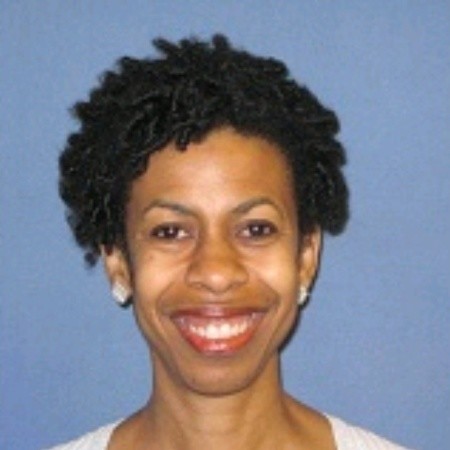SBM Board of Directors 2024 Election
This year’s Leadership Identification and Inclusion Committee invites you to review the candidates listed below, then cast your vote for the people you believe will best serve you and the society. The voting form closes March 16 at 1 p.m. ET.
You may review candidates’ qualifications by reading their biographical information and personal statements, and by watching their short videos. Serving on the SBM Board requires a commitment of time, talent, energy, and creativity to advance the society’s goals and mission.
The Board of Directors also invites you to cast your vote about a proposed Bylaws amendment that would prohibit tobacco industry employees from being members of SBM while they are employed by the tobacco industry.
Voter Eligibility
You are eligible to vote if you are a full, fellow, emeritus, fellow emeritus, or transitional SBM member, and you have paid 2024 membership dues.
Want to join SBM, renew, or change your membership type? Visit www.sbm.org/membership. If you are unsure of your eligibility to vote, contact the national office at (414) 918-3156.
Open Board Positions
President-Elect
Duties
- Serves a one-year term beginning in March 2024, ascends to president for one year, and then serves as past-president the following year.
- Serves as chairperson at any meeting, other than the annual meeting, in the absence of the president.
- Performs the duties of the president in case of absence, disability, or resignation.
- Makes council and committee chair appointments, subject to Board confirmation.
- Works closely with the president on all executive matters
- As president, attends and schedules meetings of the Board, the annual meeting of the society, and any special meetings that may be called; prepares the agendas for the meetings; is responsible in all matters, stated or implied, that are related to welfare, stature, and proper operation of the society; and performs other duties as necessarily incident to the office of president or as may be prescribed by the Board.
- As immediate past-president, presides at the annual Board meeting in the absence of the president, and at all meetings in the absence of both the president and the president-elect.
Angela Bryan, PhD, FSBM |
||
|
|
||
Christine Hunter, PhD, ABPP |
||
|
|
||
Robin Anthony Kouyaté, PhD |
||
|
|
||
Secretary/Treasurer
Duties
- Serves a three-year term beginning in March 2024
- Keeps minutes of all meetings of the board and membership, and/or reviews minutes recorded by staff
- Keeps the membership records of the society and is custodian of all contracts, assignments, and other legal documents and records, with assistance from staff
- Is responsible for all funds, securities, receipts, and authorized disbursements of the society
- Shall render to the president and to the board, whenever requested, an account of the financial condition of the society
- Chairs the Finance Committee
- Drafts and reviews the annual society budget and tax forms, with assistance from staff
Bethany Kwan, PhD, MSPH, FSBM |
||
|
|
||
Megan McVay, PhD |
||
|
|
||
Member Delegate
Duties
- Serves a three-year term beginning in March 2024
- Represents the broad-based interests of the membership
- Serves on the Executive Committee as a voting member
Courtney Bonner, PhD |
||
|
|
||
Lisa Carter-Bawa, PhD, MPH, APRN, FAAN |
||
|
|
||
Danielle Jake-Schoffman, PhD |
||
|
|
||
Bylaws Amendment
Whereas, after careful deliberation and seeking the input of the Corporation’s various constituencies concerning the detriments to public health and safety caused by the use of tobacco and nicotine-related products, the Board of Directors has concluded that the health-related aspects of the Corporation’s mission, purposes and objectives, compel the Corporation to establish and maintain separation and independence from the tobacco and nicotine-related industries and their products, as well from the activities of enterprises engaged in such industries to promote and encourage the use of such products; and
Whereas, in furtherance of the foregoing, the Board of Directors, pursuant to Article XI of the Corporation’s Bylaws, has determined that it is in the best interests of the Corporation, its members and its mission, purposes and objectives for the Board of Directors to propose to the members of the Corporation that said Bylaws be amended as set forth herein. Now, therefore, the Board of Directors of the Corporation hereby resolves that the Board of Directors shall, and it hereby does, propose to the members of the Corporation that Article IV, Section 4 of the Corporation’s Bylaws be amended by the addition a new Section 4 to Article IV of said Bylaws, as follows:
| Current Bylaws | Bylaws as Proposed to be Amended |
| None, this Section is new. | Section 4: Eligibility for Membership.
Individuals who are:
|


 |
| 






